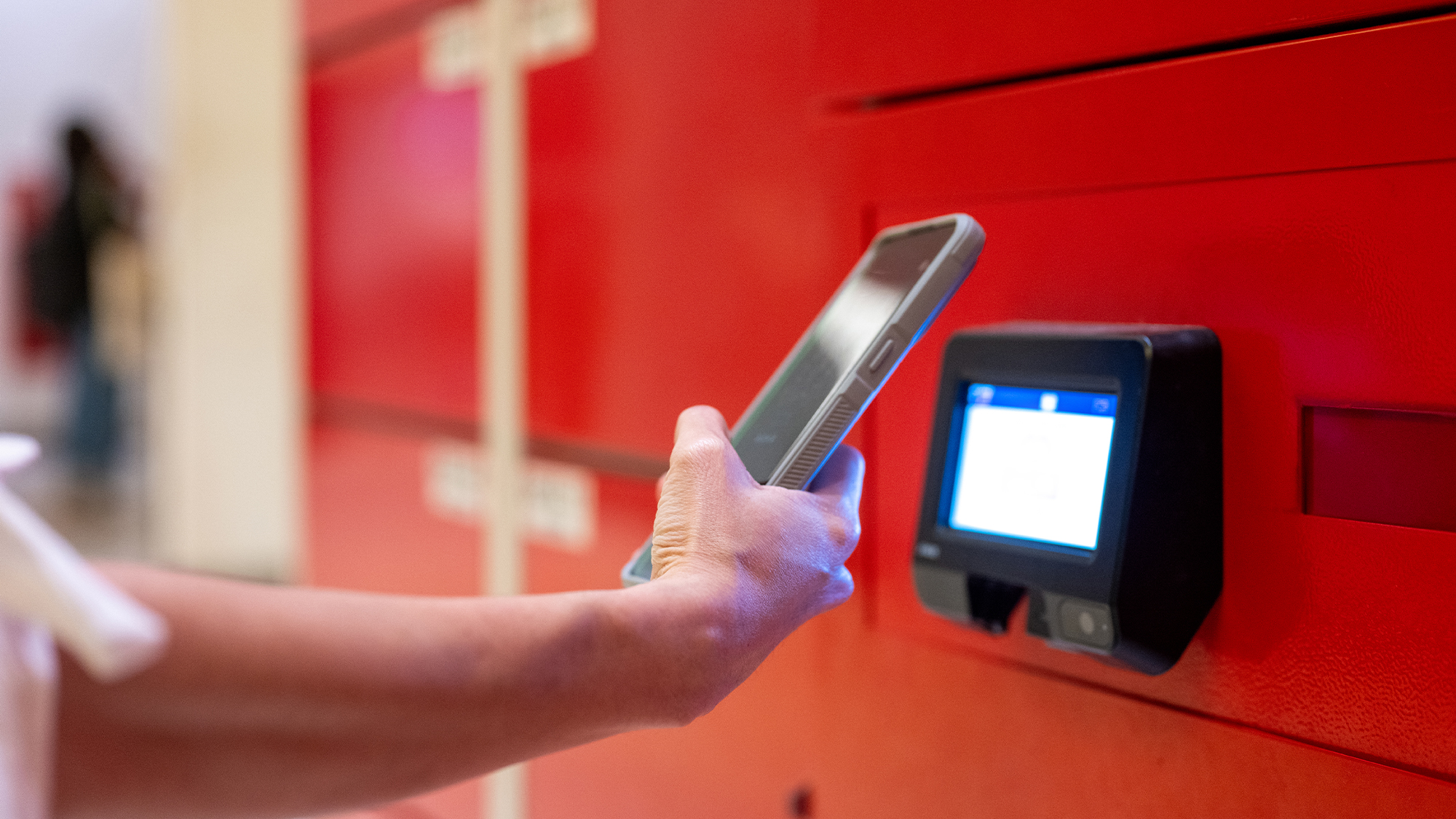
They try to gain your trust and trick you into giving them personal information or sending them money.
This is called a 'social engineering scam' because the scammers tell lies that play on your emotions. These lies are meant to scare you into giving up your information and money.
Read on for a real-life example of how one HSBC customer was caught up in a social engineering scam. All the details are based on a real case, but names have been changed to protect their identities.
HSBC customer Gordon got a call from someone pretending to be from our internal fraud team. The scammer gave a fake work number to 'prove' he was really from HSBC. Instead, the number connected Gordon to other scammers who falsely confirmed the call was 'genuine'.
The scammers broke down Gordon's trust by telling him there was internal fraud at HSBC and his money was at risk. They even tried to get his family's account details but were unsuccessful. Thinking he was dealing with our real fraud team, Gordon made several purchases and shared his one-time passcode. This gave the scammers access to his account.
When we contacted him to check these purchases, Gordon confirmed they were real, and we removed the fraud blocks. The scammers continued to call Gordon, tricking him into buying gold and transferring money from other bank accounts. Each time, the real HSBC fraud team tried to check these suspicious purchases, but Gordon continued to confirm they were real.
We tried to recover Gordon's money once the scam was discovered, but by then, the scammers had made payments of more than £90,000 in just one week.
Gordon’s story is a real-life example of what can happen if you give your personal details like one-time passcodes and passwords to others.
Remember, HSBC will never ask you to:
If you're contacted out of the blue by phone, email or text:
If you think you might have been scammed:
Call us straight away on 03457 404 404, or +44 1226 261 010 if you're outside the UK.
If you're a Premier customer, you can call us on: 03457 707 070.
You can also call the number written on the back of your card.